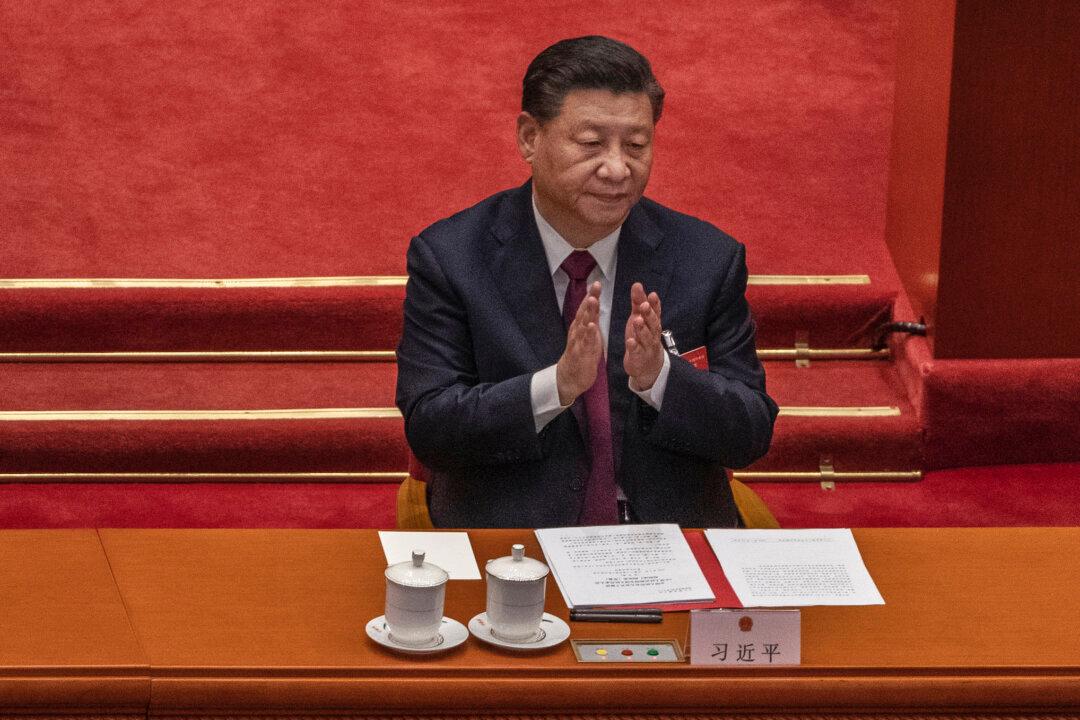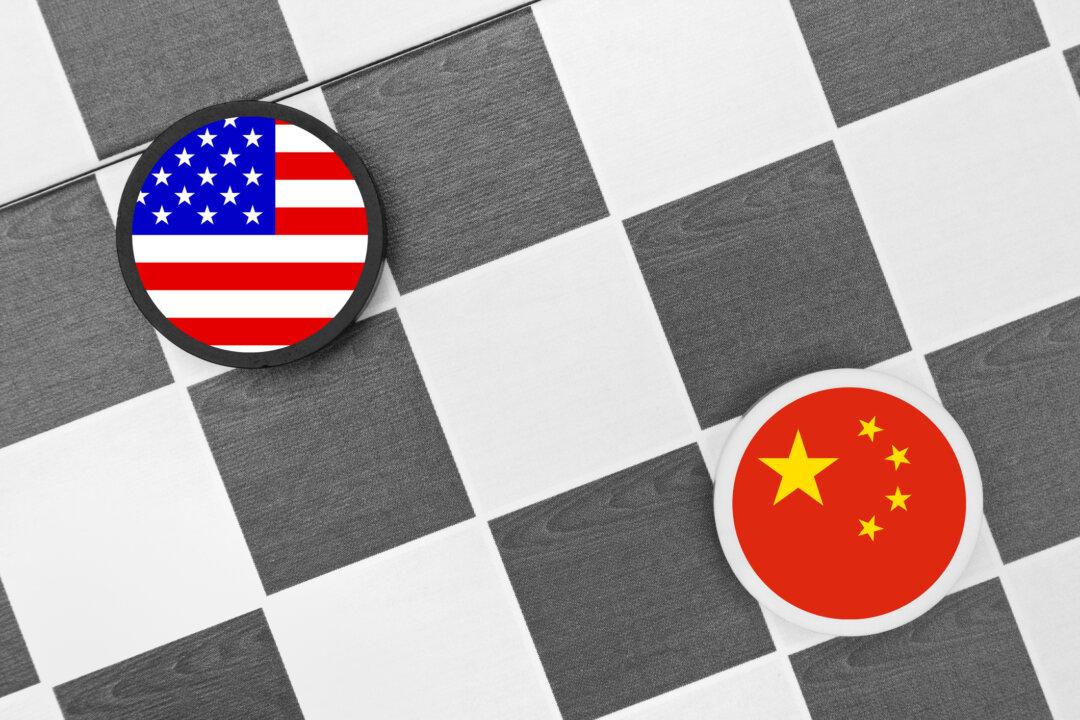Commentary
Following the death of Mao Zedong, former president and founding father of the People’s Republic of China, more than 40 years ago, his successor, Deng Xiaoping, instituted economic reforms that looked less like classic communism and more like capitalism. It didn’t happen all at once, but gradually. The result was that millions of Chinese were lifted out of poverty.





